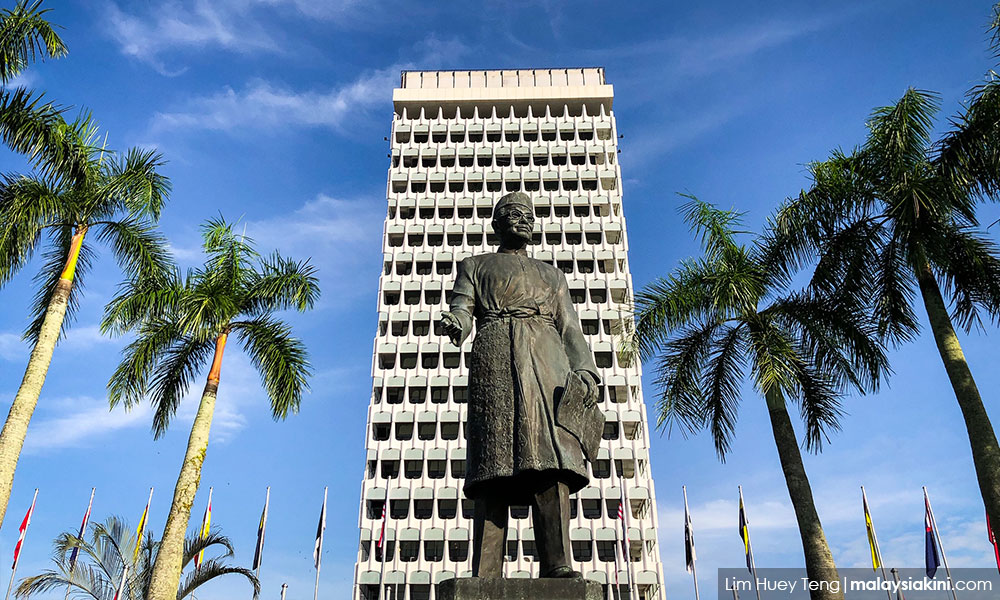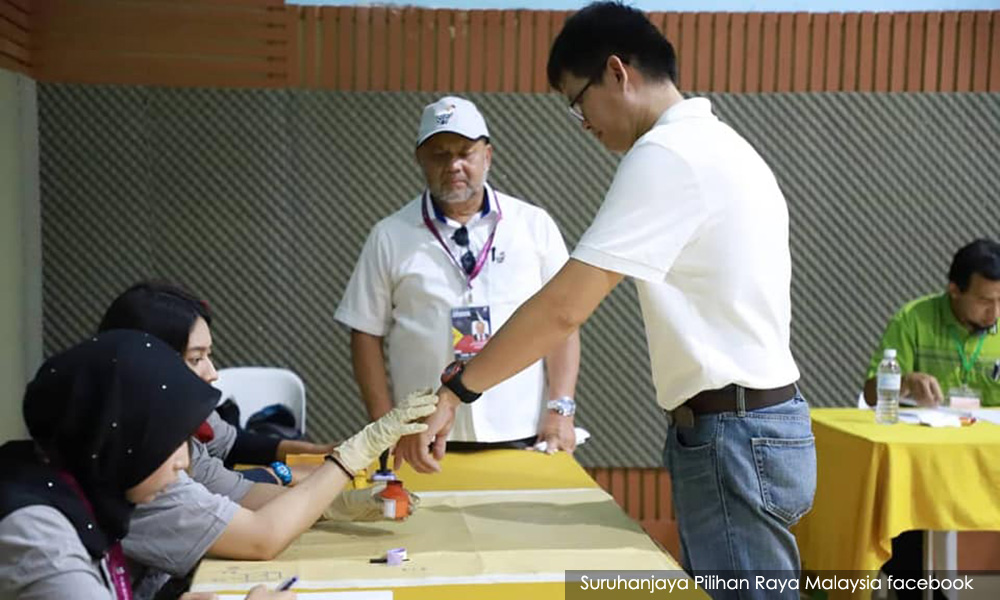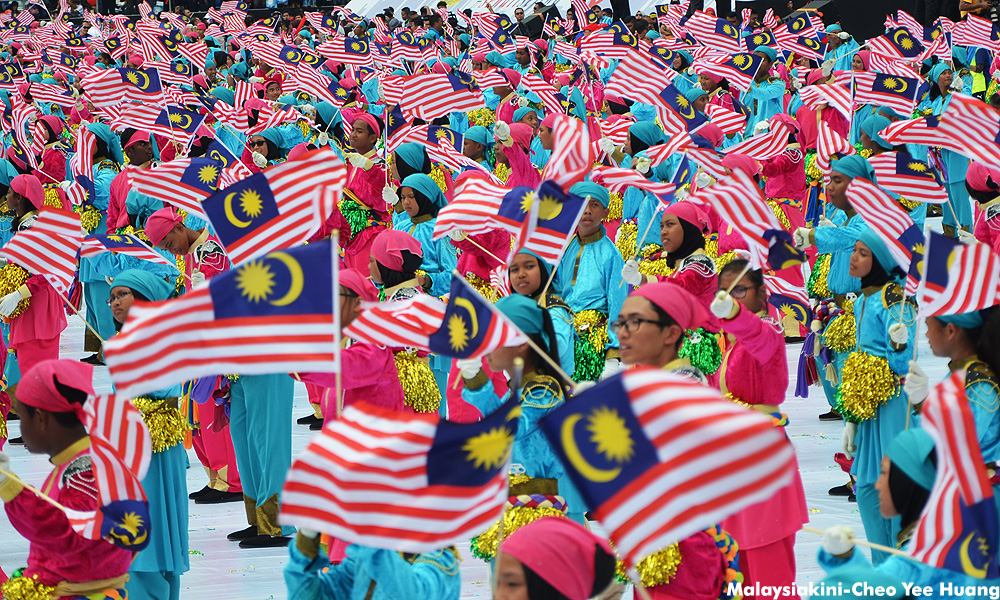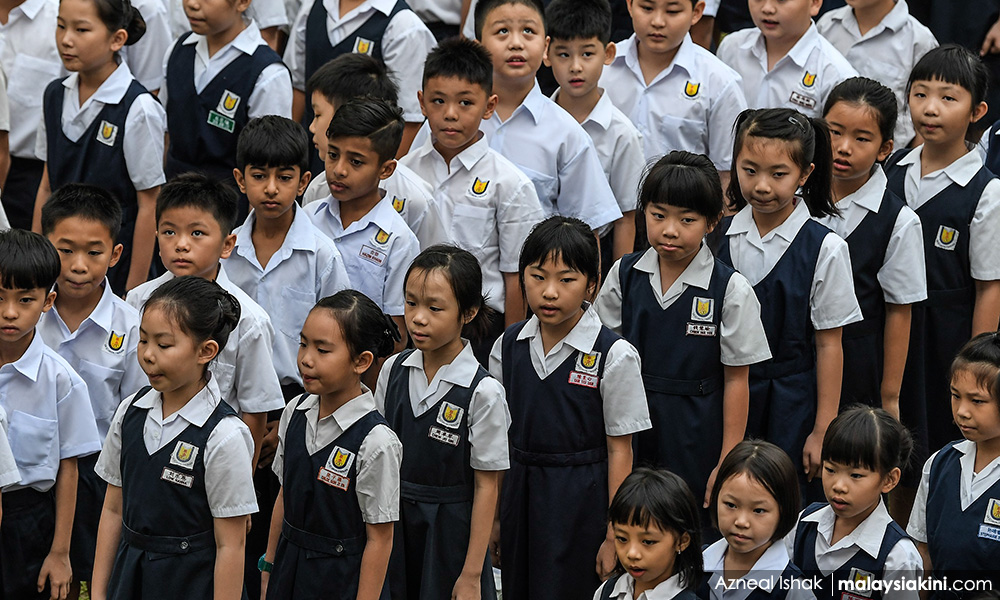COMMENT | Youths are often referred to as our “future leaders” and are seen as a ray of hope in times of conflicting views and ideologies, especially in politics.
In line with this, the Malaysian government expressed its intentions last year to empower youths by lowering the voting age from 21 to 18.
However, polls suggest that some are still sceptical of the capabilities of youths to make sound decisions regarding important issues.
People from the younger generation are often subjected to the harsh criticisms of society whenever they try to express themselves. After all, how often do we hear about young people standing up for themselves without being condemned for being rude?
The Asian values that we uphold teach us to listen to and respect those who are older than us, which makes young Malaysians more pressured to conform to the views of their elders.
Imagine a young politician going up against one with more experience. Not many people would take the former seriously even if they presented an equally convincing counterargument, simply because of the general perception that an individual with more seniority, experience and qualifications is better than the other.
Age discrimination is still common in Malaysia, and it is evident in our political environment, which is skewed against youths.

Take, for example, Malaysia’s youth representation in parliament, which is at a mere 12 percent from a pool of 222 MPs.
This share is not much lower than the rest of the world, which averages a youth representation in parliament of 14.2 percent, but it is a cause for concern because our country’s median age stands at 28.6 years.
In other words, more than half of our population is below 30 years old. A lack of parliamentary presence may cause the voices of youths to be less effective when arguing for more attention on issues they face in isolation.
Youth participation in past elections
The 12th general election in 2008 was a game changer in terms of how politicians approached their election campaign strategies, because that was when social media became a crucial platform for political discussion among the masses.
Through this modern instrument, Malaysian youths have cultivated an interest in politics and encouraged each other to become more involved in the narrative by voting in general elections in order to turn their visions of a better nation into reality.
By the time the 13th general election came about, there was an influx of about 2.6 million youths who registered as first-time voters, voicing their passions and concerns.

Studies suggest that the higher participation of youths in this election is what caused BN’s share of the popular vote to decrease – an indication that youths felt more sympathetic towards the opposition.
By the end of 2017, about 40 percent of registered voters were between 21 and 39 years old, which was arguably the thrust that broke BN’s long streak of electoral victories in the 14th general election. With this number of youths turning up to vote in every election, the prospects of lowering the voting age to 18 seem promising.
In addition to participation as voters, the younger generation has also been stepping up to take on leadership roles. Young MPs like Yeo Bee Yin (aged 35), Syed Saddiq Syed Abdul Rahman (aged 26) and P Prabakaran (aged 22) are great examples of people in their age group who took the initiative to be active in politics and are now making visible changes to the political scene.
Likewise, there are also youth empowerment organisations such as the Malaysian Youth Delegation that give passionate youths a chance to participate in international conferences and interact with like-minded individuals as a stepping stone for future involvement on a larger scale.
Despite the increase in youth involvement in politics over the recent decade, there are also some who revert back to becoming complacent after the elections – presumably because they think they’ve done enough on their part to incite change within the nation. This is usually the basis for scepticism towards the potential of youths in politics.
Youths aren’t indifferent
Generally speaking, most people tend to be indifferent towards political issues and politicians unless it has a direct effect on them.
Urban youths all over the world have major concerns about the security of their futures in the face of soaring youth unemployment rates, low starting salaries for fresh graduates and sky-high living costs.
These are real issues that affect their lives directly and should have been a call for political action, yet this group remains relatively uninvolved in politics – general elections being the exception. Nonetheless, it doesn’t mean that they are indifferent.

Peers of mine have expressed their desire to migrate to a first-world country for the sake of a higher standard of living. This is not surprising, as findings from a survey conducted by Oxford University showed that youths in Malaysia do not feel a strong attachment to the country and have a stronger inclination towards emigrating.
Some of them shared that politics is one of their main reasons for wanting to leave. They have the impression that corruption and racism are entrenched in our political system and that it will be a long time before there is any substantial change in the institutions.
While their reasons seem justified, it is disheartening to see that many of our youths would rather take their chances overseas than stay in Malaysia and try to change things.
Of course, these views are often heavily influenced by the people they interact with regularly, especially parents, teachers and peers.
If the youths’ views on politics stem from the opinions of someone else then, indeed, it is not the case of youths being apathetic towards politics. Rather, it would be the case of disillusionment among Malaysians as a whole over the current state of affairs.
Political education is necessary
There are many out there who think that only government officials can make a difference in the political landscape, but that is not the case. The truth is, all citizens are actors in politics – it’s just a matter of how involved you want to be.
The Prime Minister has spoken about instilling cultural values in the minds of young children, but why not raise political awareness at a young age too, instead of leaving them to assume that they can’t do anything to change the political environment here?

The Education Ministry, as well as educators in primary and secondary schools, should make use of the History and Civic Studies syllabuses, as these can be improved to become very practical resources in cultivating political awareness from a young age.
More importantly, the government must ensure that these are taught in a critical and balanced manner to allow students to form their own opinions.
Education providers should also focus on creating more avenues for youths to engage with political issues so that they are able to get first-hand experience in debates and discussions.
Co-curricular activities in school such as Model United Nations, debate clubs and even environmental clubs are a great way for youths to begin their engagement with political narratives.
Additionally, NGOs that focus on youth development and empowerment such as the World Youth Foundation and the aforementioned Malaysian Youth Delegation are also great for this purpose.
By enforcing political education in schools, our nation’s “future leaders” will be exposed to the nuances in the real world while still being youthful enough to retain their idealism of what the world should be like.
As a Malaysian youth myself, I hope that we will stay headstrong in advocating the changes we want to see in our country instead of tolerating unfulfilled promises. After all, it is our right to be heard in a democracy.
LAURA CHOO is an intern at Penang Institute. She is currently pursuing a Bachelor of Arts at the University of Sydney double majoring in Government and International Relations, and Political Economy. Her interests lie mainly in government, foreign affairs and socioeconomic issues.
The views expressed here are those of the author/contributor and do not necessarily represent the views of Malaysiakini.

